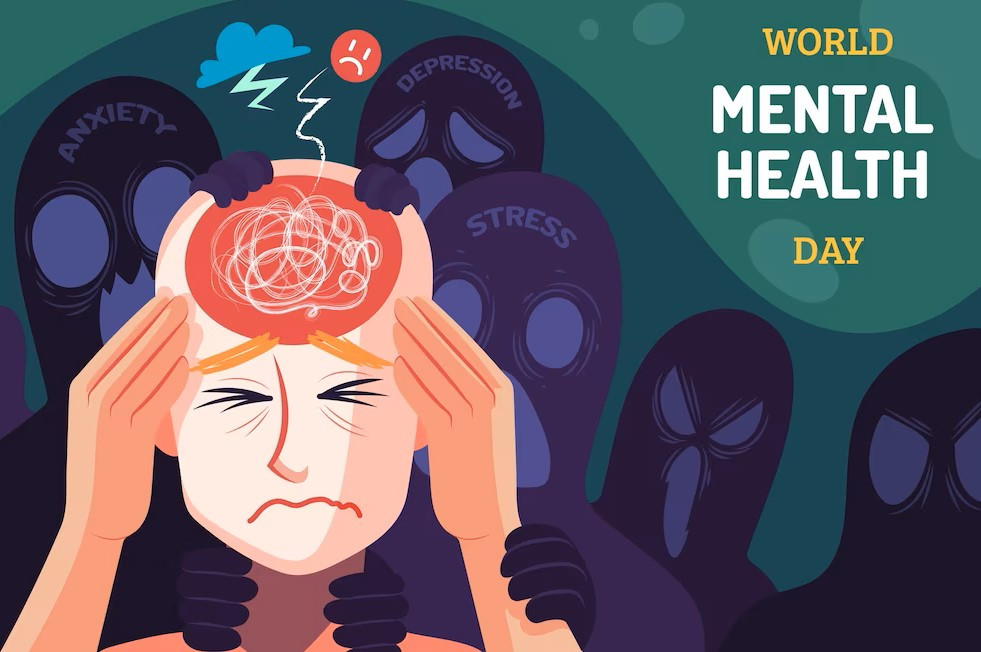Social Disability Lawyer Blog
How to Prepare Your SSDI Application to Win Benefits for Mental Health Diseases
Are you grappling with a mental health disability that has rendered work impossible? If so, you might be pondering the strategies to successfully navigate a disability case for mental illness and secure the rightful benefits you deserve. The encouraging news is that attaining disability benefits for mental health conditions is a viable route, although the path can prove intricate and daunting. In this article, we'll delve into the complexities surrounding mental health disabilities, offering you practical insights on effectively pursuing a disability case for mental illness. Continue reading to gain a comprehensive understanding.
Eligibility for Disability Benefits due to Mental Illness
The Social Security Administration recognizes mental illness as a valid criterion for obtaining Social Security Income or Social Security Disability Insurance. Within their guidelines, they outline 11 distinct categories of mental illnesses used to assess whether an individual's mental condition qualifies for disability status.
Matching a Listed Impairment in the Social Security Administration's Blue Book
For those wondering about the eligibility of their mental health condition for disability benefits, the Social Security Administration's Blue Book is an invaluable reference. This comprehensive guide enumerates 11 classifications of mental disorders that hold potential for granting disability benefits. These categories encompass:
- Neurocognitive disorders (12.02)
- Schizophrenia spectrum and other psychotic disorders (12.03)
- Depressive, bipolar, and related disorders (12.04)
- Intellectual disorder (12.05)
- Anxiety and obsessive-compulsive disorders (12.06)
- Somatic symptom and related disorders (12.07)
- Personality and impulse-control disorders (12.08)
- Autism spectrum disorder (12.10)
- Neurodevelopmental disorders (12.11)
- Eating disorders (12.13)
- Trauma- and stressor-related disorders (12.15)
In the intricate tapestry of Social Security Disability Insurance (SSDI) benefits, one thread remains often hidden yet profoundly impactful: mental health. The intersection of mental health and SSDI is a realm that deserves in-depth exploration, shedding light on the evolving understanding of mental health disabilities and how the SSDI system navigates this complex terrain. In this blog post, we embark on a journey to uncover the nuanced dynamics between mental health conditions and SSDI benefits, inviting you to delve into the multifaceted dimensions of this pivotal intersection.
---The recognition of mental health conditions as disabling is undergoing a transformation, challenging traditional perceptions and offering a more comprehensive view of disability. The SSDI program acknowledges the significance of mental health disabilities, encompassing conditions such as depression, anxiety disorders, and schizophrenia. Unveiling the intricate criteria for qualifying based on mental health conditions highlights the evolving perspective on mental well-being within the context of SSDI.
Shifting Paradigms: From Visible to Invisible Disabilities
While physical disabilities often carry visible markers, mental health conditions are frequently invisible, posing unique challenges in the SSDI application process. Gathering substantial evidence to substantiate the impact of mental health on daily functioning becomes a complex task, demanding a deeper understanding of how these conditions influence an individual's life. This shift prompts the need for revised evaluation methods that encapsulate the often intangible aspects of mental health disabilities.
The Role of Medical Evidence and Documentation
In the realm of mental health and SSDI, medical evidence and documentation play a pivotal role in establishing eligibility. Unlike physical disabilities that might be quantifiable through tests and imaging, mental health disabilities rely on a comprehensive assessment of medical records, psychiatric evaluations, and professional opinions. Navigating the nuances of collecting and presenting this evidence becomes paramount for applicants seeking to secure SSDI benefits.
Mental Health Advocacy and SSDI Application
The process of applying for SSDI benefits based on mental health conditions extends beyond paperwork. It involves effective advocacy to communicate the nuances of the condition and its impact on daily life. Articulating the experience of living with mental health disabilities, often through personal narratives and testimonies, helps bridge the gap between medical documentation and the applicant's reality.
The Changing Landscape: Policy Implications
As our understanding of mental health evolves, so do the policies governing SSDI eligibility. Exploring the shifting landscape of mental health policy within the SSDI framework sheds light on the ongoing efforts to align the program with contemporary insights into mental well-being. Policy changes, such as revised evaluation criteria and updated guidelines, reflect the commitment to ensure equitable access to benefits for individuals with mental health disabilities.
Navigating the Path Ahead
The intersection of mental health and SSDI is an evolving juncture that underscores the importance of empathy, awareness, and policy adaptation. As we journey through a new era of understanding mental health, the SSDI program stands as a support system, providing crucial benefits to those whose lives are impacted by mental health disabilities. By fostering an inclusive approach with help of an expert disability attorney that knows the intricacies of SSDI mental health diseases, you can increase your chances of winning.
---
If you need personalized assistance with your disability claim, do not hesitate to reach out. Remember, you have the right to appeal and fight for the benefits you are entitled to. Together, we can navigate this journey and secure a brighter future.
When you subscribe to the blog, we will send you an e-mail when there are new updates on the site so you wouldn't miss them.

Comments